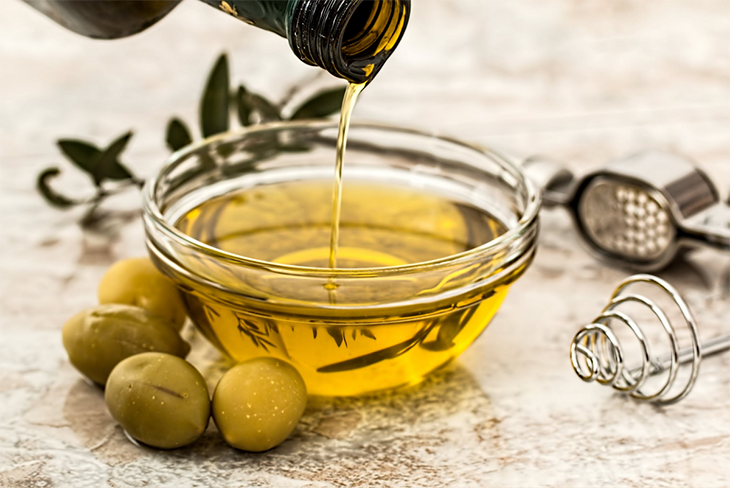
Consuming as little as a daily spoonful of olive oil can yield a multitude of advantages for one’s overall health. In a recent study, it was discovered that individuals who replaced mayonnaise or margarine with olive oil experienced a significant 14 percent reduction in the likelihood of succumbing to fatal dementia.
A substantial new investigation, unveiled during the annual gathering of the American Society for Nutrition in Boston, unveiled that those who incorporated more than half a tablespoon of olive oil into their daily diet saw their risk of dementia-related mortality plummet by 28 percent compared to those who infrequently or never included olive oil in their meals.
Further analysis also exposed that merely substituting a single teaspoon of margarine or mayonnaise with an equivalent quantity of olive oil each day was linked to a noteworthy 8 to 14 percent decrease in the risk of dementia-related fatalities.
“Our study reinforces dietary guidelines recommending vegetable oils such as olive oil, and suggests that these recommendations not only support heart health but potentially brain health, as well,” as per a statement released by Anne-Julie Tessier, RD, PhD, the research doctor. She’s also a postdoctoral fellow at the Harvard T.H. Chan School of Public Health. “Opting for olive oil, a natural product, instead of fats such as margarine and commercial mayonnaise, is a safe choice and may reduce the risk of fatal dementia.”
Olive Oil Has Health Benefits Regardless of General Quality of Diet
The research findings drew from information gathered from over 90,000 Americans, averaging 56 years old. Dr. Tessier and her team analyzed dietary surveys and death records spanning three decades. In this period, 4,749 individuals succumbed to dementia.
The researchers observed a noteworthy connection between increased consumption of olive oil and a slightly reduced risk of fatal dementia, regardless of an individual’s overall diet quality. This means that even those with less healthy eating habits seemed to benefit from incorporating olive oil into their diet.
“This long-term study shows there are cognitive health benefits from the consumption of relatively small amounts of olive oil,” Penny M. Kris-Etherton, PhD, RDN, said. She is a professor of nutrition at Pennsylvania State University in University Park and she has a particular interest in the role diet plays in when it comes to preventing and treating cardiometabolic diseases. “The research suggests there are things in olive oil that somehow benefit cognitive health, and those things are not present in margarine or mayonnaise.”
Olive Oil’s Benefits for the Heart May Extend to the Brain
As highlighted by Dr. Etherton, prior studies, including one published in the April 2020 issue of the Journal of the American College of Cardiology, have demonstrated that substituting olive oil for margarine, butter, mayonnaise, or dairy fat reduces the risk of heart disease. The Centers for Disease Control and Prevention (CDC) endorse olive oil as “heart healthy” and emphasize its ability to enhance cholesterol levels.
This cardiovascular advantage might indirectly impact cognitive health by enhancing blood circulation in the brain, according to Tessier. She further noted that certain antioxidant compounds in olive oil could potentially penetrate the blood-brain barrier, directly affecting the brain.
The National Institute on Aging has highlighted research indicating that the Mediterranean diet, which incorporates olive oil along with fish, beans, fruits, vegetables, and whole grains, is linked to fewer Alzheimer’s disease symptoms.
Despite substantial support for the health benefits of olive oil, Etherton, who was not involved in this analysis, advises caution due to recent research findings. An article published on July 18 in the New England Journal of Medicine, involving 600 cognitively unimpaired participants with a family history of dementia, concluded that changes in cognition and brain MRI outcomes after three years did not significantly differ between those following the MIND diet and those adhering to a control diet with mild caloric restriction.
“Overall, however, the evidence suggests there is something good in olive oil,” Etherton said.
The researchers emphasize that their study, which is observational in nature, does not establish a direct link between olive oil consumption and the decreased risk of fatal dementia. They highlight the need for further research, particularly randomized controlled trials, to validate these findings and identify the ideal amount of olive oil intake necessary to experience these advantages.



